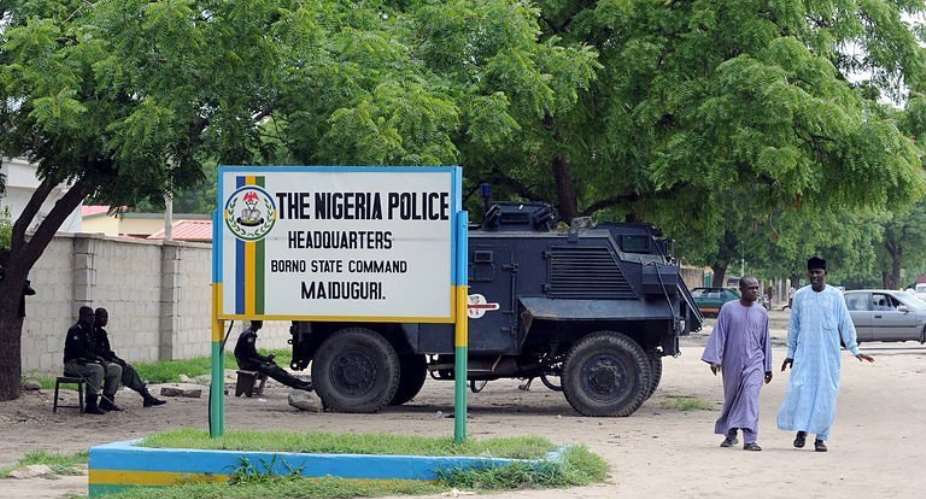KANO, Nigeria (AFP) - A former governor of the northern Nigerian state of Borno on Wednesday sent an apology to Boko Haram over his role in the brutal military crackdown on the radical Islamist sect.
"I wish to publicly tender my apology to the Jama'atu Ahliss-Sunnah lidda'awati wal jihad...I might have offended in the course of discharging my duties as the executive governor of Borno State," Ali Modu Sheriff said in an advertorial published in some local newspapers.
Sheriff, who was governor between 2003 and 2011, has been accused of complicity in the military crackdown on the sect, popularly known as Boko Haram, during its armed uprising in 2009.
"It is human to err but divine to forgive," the ex-governor said in the apology, the third to the sect in the past week by senior politicians from the north.
Last week, ex-governor of neighbouring Gombe State Danjuma Goje, now a senator, and Bauchi State Governor Isa Yuguda, in separate statements apologised to Boko Haram for any role they might have played in rights violations against its members during the uprising.
The Boko haram sect, which prefers to go by the name Jama'atu Ahlissunnah lidda;'awati wal Jihad, is based in Borno State but has also been active in nearby Bauchi and Gombe states.
The sect has demanded a public apology as part of condition for a truce with the government.
Boko Haram launched a short-lived armed rebellion in 2009 in a doomed bid to establish an Islamic state in parts of the north.
The uprising was crushed by the military, leaving hundreds, mostly sect members, dead and the sect's mosque and headquarters in ruins.
Boko Haram has been blamed for a wave of gun and bomb attacks, targetting military and police personnel, community and religious leaders as well as politicians in the past year.
© 2011 AFP





 A/R: Tontokrom residents demand prosecution of killers of Rahman Mohammed
A/R: Tontokrom residents demand prosecution of killers of Rahman Mohammed
 Ejisu by-election: Interdict Gallo and his lawyer - CPP chairperson to Council o...
Ejisu by-election: Interdict Gallo and his lawyer - CPP chairperson to Council o...
 Limited voter registration: We’ll extend deadline if necessary – EC
Limited voter registration: We’ll extend deadline if necessary – EC
 I'll establish common-user processing facilities at various mining districts — B...
I'll establish common-user processing facilities at various mining districts — B...
 My gov’t will establish minerals development bank if I become president – Bawumi...
My gov’t will establish minerals development bank if I become president – Bawumi...
 May 9: Cedi sells at GHS14.15 to $1, GHS13.55 on BoG interbank
May 9: Cedi sells at GHS14.15 to $1, GHS13.55 on BoG interbank
 A legacy of economic malaise, corruption, arrogance — Prof Gyampo 'criticizes' A...
A legacy of economic malaise, corruption, arrogance — Prof Gyampo 'criticizes' A...
 What are you hiding about the stinky SML/GRA deal? — Manasseh quizzes Akufo-Addo...
What are you hiding about the stinky SML/GRA deal? — Manasseh quizzes Akufo-Addo...
 Corruption: Until you hear Mahama, Bawumia talking about practical solutions don...
Corruption: Until you hear Mahama, Bawumia talking about practical solutions don...
 We need a paradigm shift in the management of our natural resources – Bawumia
We need a paradigm shift in the management of our natural resources – Bawumia
